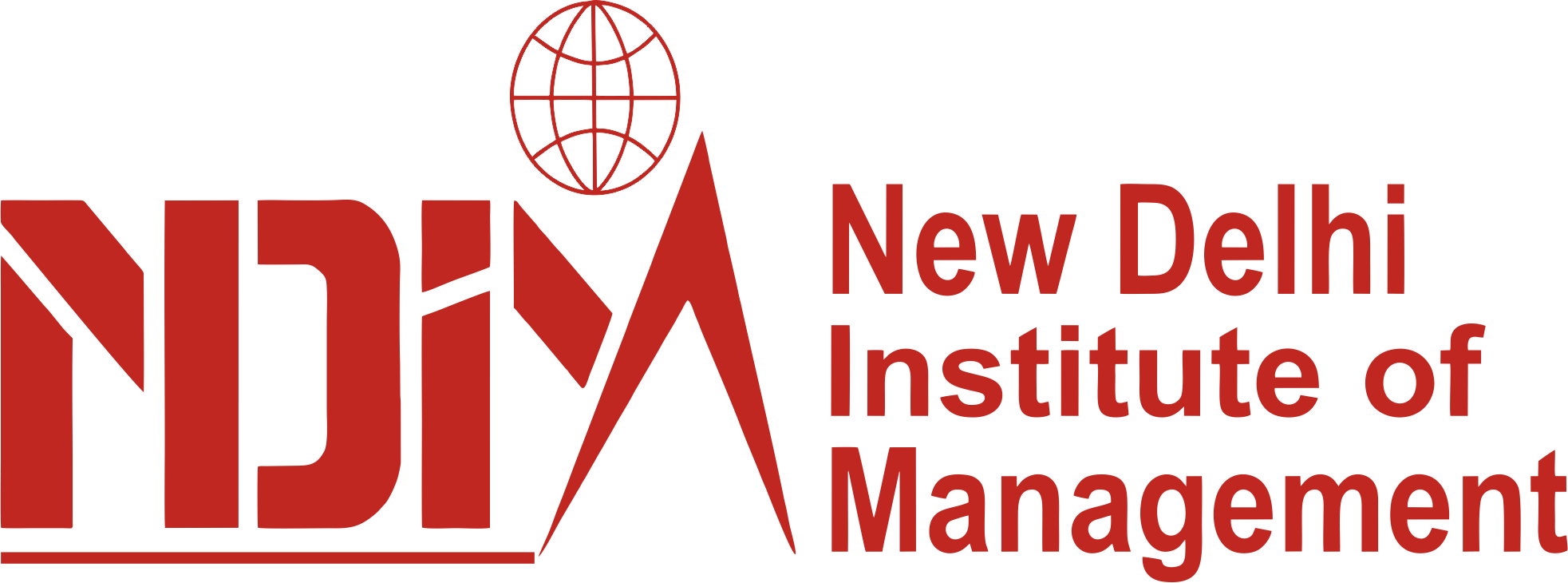A business school offers the much-needed business management education and practical experience that positions students to reimagine and pursue their highest aspirations, both at personal and professional levels. Choosing the right business school depends on several factors such as your career goals, cost, and reputation. That is why students must select the best PGDM colleges that will be their ally in getting the best education to improve their chances of getting a high-paid job in one of the top MNCs.
India is home to more than 6,000 business schools offering PGDM courses, making it necessary for students to get clarification about narrowing down to a list of B-Schools they may wish to apply. By following this article you’ll be able to narrow down your search to a few top choices, which can help you make an informed decision on the right business school for your PGDM.
The Importance of Comparing and Selecting the Right Business School
Before we move forward with listing the ways to choose the right business school for PGDM, we must understand why it is important. The following are the reasons for the same:
Understanding Application Requirements: Every business school has its unique admission processes and requirements. By comprehending these intricacies, you can craft a comprehensive application that effectively showcases your skills and qualities, thereby increasing your chances of securing admission.
Alignment with Post-PGDM Career Goals: Selecting a business school that aligns with your career aspirations is pivotal. Consider factors such as the presence of a dedicated placement cell and the number of multinational corporations (MNCs) that visit the campus for recruitment. Ensuring alignment with your goals increases the likelihood of gaining the necessary support and opportunities to thrive in your desired field.
Identifying Personalised Value: Each individual may prioritize different aspects of a business school based on their personal preferences and requirements. By identifying and prioritising your personalised criteria, such as faculty expertise, specialisations offered, campus culture, or networking opportunities, you can pinpoint the schools that align most closely with your values and goals.
To understand the cost of pursuing a PGDM: A PGDM course is expensive; thus, understanding all the costs associated with getting one is vital.
Assessing Chances of Admission: While comparing and selecting business schools, you will come across valuable information regarding the learning environment, academic support, and overall competitiveness of each institution. This information enables you to gauge your chances of securing admission to your target schools, helping you focus your efforts on the institutions that align with your profile and goals.
Return on Investment (ROI): Business schools can be costly, and therefore, it is crucial to assess the potential return on investment. Reputable business schools offer a good ROI by providing high-quality education, robust networking opportunities, and a strong brand reputation. These factors can lead to higher salary prospects and long-term career success.
Ways To Choose the Top Business School for Your PGDM
Choosing the right business school for your PGDM program is a crucial decision that can significantly impact your educational experience and future career prospects. Here are some key factors to consider when selecting a business school:
The Best Faculty:
Look for business schools that have experienced and qualified professors and researchers. These faculty members possess the necessary understanding and knowledge to teach students the intricacies of the business management world. An experienced faculty can impart theoretical knowledge and practical lessons, equipping students to tackle real-world business challenges. Faculty members with industry experience can also open doors to better career opportunities.
Competitive Students:
PGDM programs involve collaborative assignments, group projects, and case studies that require substantial interaction with peers and batchmates. Working with competitive and talented students allows for mutual learning and the development of essential leadership and teamwork skills. Networking is crucial as it may help you in your future endeavours and grow in career prospects. Therefore, choosing a B-school with quality students and an alumni community is a good idea.
Choice Of Specialisations:
Business management can be pursued in different specialisations— Human Resource Management, Financial Management, Business Analysis, Information Technology, etc. Students can choose a PGDM course focusing on one specialisation or more general courses that hold most of them at a major level.
Aspirants need to select a school with the subjects and majors that will help them achieve their goals. For instance, if you are looking to be an entrepreneur, choose a B-school that offers a deep footing of business courses and, at the same time, spares you enough time and resources to concentrate on entrepreneurship education.
Flexibility:
Opt for a business school that fosters an environment of healthy competition, critical thinking, innovation, and creativity. A flexible learning atmosphere allows students to freely share ideas and solutions, enhancing their overall learning experience. All PGDM colleges in Delhi do not provide such an environment; some have government restrictions and regulations that obstruct their flexibility to adapt to the fast-changing business environment.
Compare And Eliminate:
After shortlisting potential B-schools based on the above factors, evaluate the remaining options using the following parameters:
Business School Rankings: The B-schools are ranked based on their excellent track record, high-quality education, and placement opportunities. Choose a school that consistently ranks well.
Quality of Education: The quality of education you receive can determine your knowledge and skill level, which can directly impact your future career prospects. Selecting a reputable business school that provides high-quality education and opportunities to learn from experienced faculty members can help you develop the necessary skills and knowledge required to succeed in your chosen field.
Program Specialisation: If you have a specific career path in mind, select a school that specialises in that field. For example, if you aim to enter the financial industry or start your venture, choose a school with a strong focus in those areas.
Course Structure: Each PGDM program has its own unique course structure and management development approach. Consider the culture and teaching methodology of the business school to ensure it aligns with your learning preferences.
Geographical Location: Assess the proximity of the business school to industries and job opportunities in your desired field. Being close to relevant industries can provide valuable networking and internship opportunities.
Scholarships offered: Most business schools offer some form of financial assistance. Therefore, confirm whether the shortlisted B-schools offer the same and how to get the scholarship to cut down on your expenses to pursue management studies.
Conclusion
Choosing the right business school is a critical decision that requires thorough research, self-evaluation, and a clear understanding of your priorities and goals. By identifying the essential factors discussed above, you can streamline the application process and save valuable time and effort.
NDIM Delhi is one of the top-rated B-schools in India. The diversity of students in the class, the quality of faculty, the commitment of staff, and the steep learning curve we provide make us unique. With us, students can get great exposure to the business world and competitive advantage. As a top business school in Delhi, NDIM Delhi offers comprehensive PGDM business school programs that align with your career aspirations. With a focus on providing the best education and nurturing talent, we take pride in being a Top PGDM/MBA School in Delhi with a reputation for producing successful business leaders. To know more, visit our website at https://www.ndimdelhi.org/
Accreditation: Ensure the school has national or international accreditations like AACSB, EQUIS, or NBA, as these indicate quality standards.
Specializations: Look for schools that offer strong programs in your field of interest, whether it’s marketing, finance, operations, etc.
Faculty: Research faculty qualifications, industry experience, and teaching style, as well-qualified faculty can enhance your learning experience.
Placement Records: Review the school’s placement track record to get insights into employment opportunities, median salary packages, and alumni positions.
Infrastructure and Resources: Evaluate the campus facilities, library resources, technology, and extracurricular activities that support holistic learning.
Location and Networking: Consider the school’s location for networking opportunities with companies and access to industry events.
Fees and ROI: Compare tuition fees with the potential return on investment (ROI) based on placements and growth prospects.
Rankings can give you an overall picture of a school’s reputation, program quality, and placement performance. However, they should not be the only criterion. Look at rankings from multiple sources, and assess individual factors like program strengths, alumni feedback, and industry connections.
Review the course structure, core subjects, and electives to ensure they align with current industry trends. Look for programs that emphasize practical learning through internships, industry projects, case studies, and skill development workshops.
Research the school’s placement statistics, including top recruiters, job roles offered, and average salary packages. Also, connect with alumni on LinkedIn to understand their career progress and experiences with the school’s placement support.
Alumni networks are crucial for career development and industry connections. A strong network can offer mentorship, job referrals, and opportunities for networking, which are valuable throughout your career.


